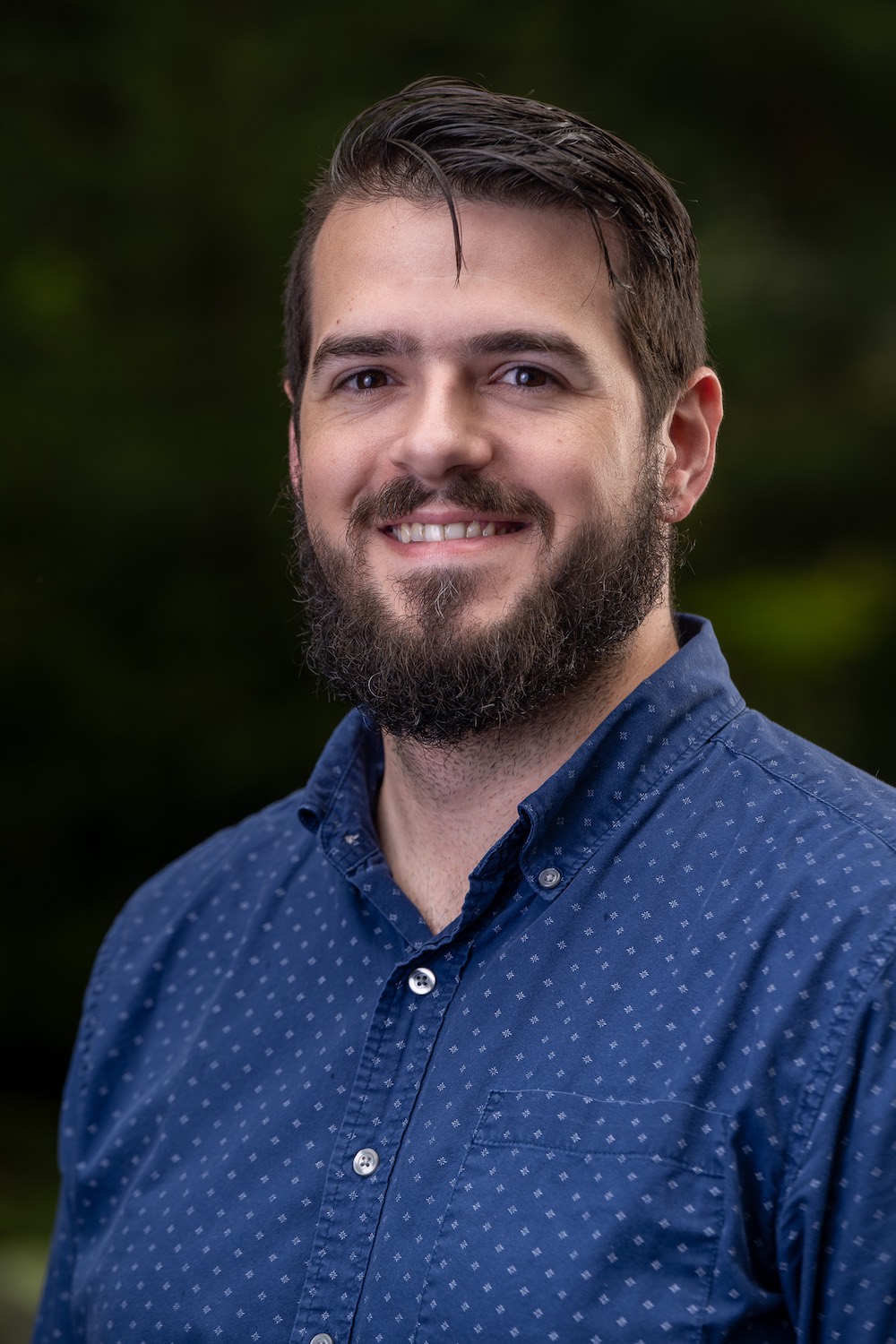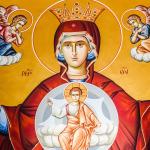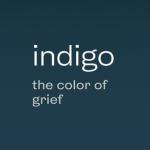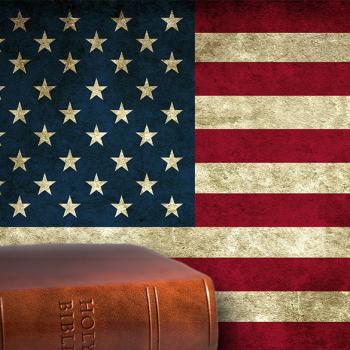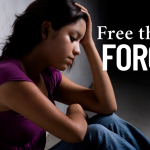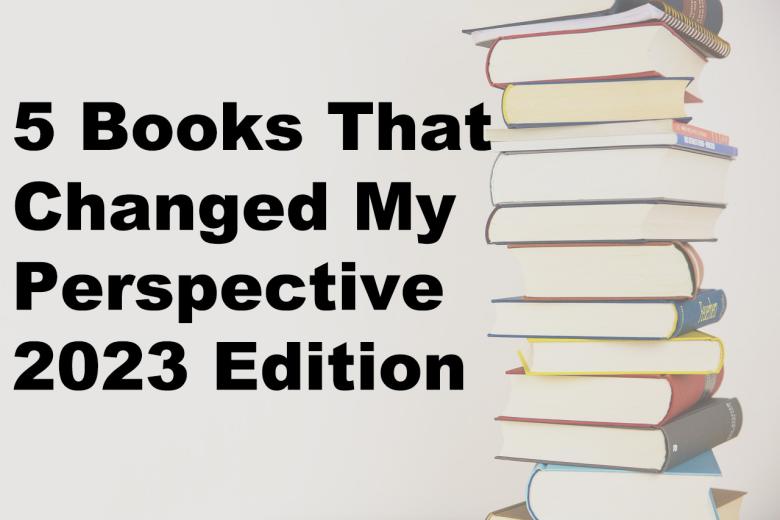
Image by Hermann Traub / Pixabay
Edited by Brad Thibodeaux
Every year I aim to read 25 books, and every year I fail. I always come close, but each year I find myself stuck in a few books. Sometimes these books are really challenging and heady. Other times, they’re simple but profound. This year is no exception. While it’s hard to pick my favorite five books that I read this year, it forces me to reflect on the year that’s about to end.
I think we’re all ready for 2023 to end. It’s been a hard year. I know my life saw so many changes this year – a new job, writing this blog, and my son’s first birthday. There’s so many other things to talk about, but that’s not why you’re here. Instead, let’s dig into 5 books that changed my perspective in 2023!
Accidental Saints – Nadia Bolz-Weber
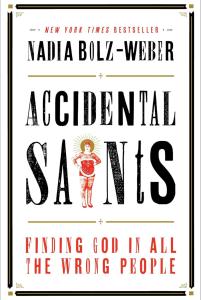 I know I’m late to her work, but this woke me up! Her writing was so thoughtful and inviting. I listened to the audiobook (hopefully you’ll let me count that as ‘reading’) and her narration is amazing. Honestly, when most Christians talk, my cynical edge comes out. I just don’t believe they’re authentic. The speaking style irks me and feels fake. However, there are a couple who can project their authenticity, and this book is one of the few.
I know I’m late to her work, but this woke me up! Her writing was so thoughtful and inviting. I listened to the audiobook (hopefully you’ll let me count that as ‘reading’) and her narration is amazing. Honestly, when most Christians talk, my cynical edge comes out. I just don’t believe they’re authentic. The speaking style irks me and feels fake. However, there are a couple who can project their authenticity, and this book is one of the few.
Her stories are incredible and deeply moving. I found myself tearing up alone in my office packing Narcan to send to people who use drugs. My work in harm reduction has opened up a new group of people whom Nadia seemingly has known and has seen grace flow through.
Camping with Kierkegaard – J. Aaron Simmons
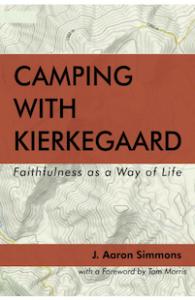 I love Kierkegaard, and one of the reasons is J. Aaron Simmons. I was part of a pop-up learning group hosted by Homebrewed Christianity last year going through the works of Kierkegaard with Aaron at the helm. As the former President of the Søren Kierkegaard Society (USA), he has a command on the text that can be confusing and heady.
I love Kierkegaard, and one of the reasons is J. Aaron Simmons. I was part of a pop-up learning group hosted by Homebrewed Christianity last year going through the works of Kierkegaard with Aaron at the helm. As the former President of the Søren Kierkegaard Society (USA), he has a command on the text that can be confusing and heady.
This book was a great primer and refresher of the themes Kierkegaard writes about. It’s not necessarily aimed at the religious or elite – Simmons would rather reflect on Kierkegaard in a widely accessible way. For Simmons, Kierkegaard invites us to be faithful – taking a risk with a direction.
Christianity and the Social Crisis – Walter Rauschenbusch
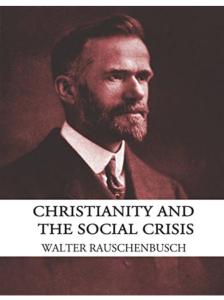 If you have read any of my articles, you’ll be familiar with this name. Rauschenbusch was a Pastor in Hells Kitchen, NYC at the turn of the 20th century. He was a major figure in the Social Gospel movement and helped develop the theology behind it.
If you have read any of my articles, you’ll be familiar with this name. Rauschenbusch was a Pastor in Hells Kitchen, NYC at the turn of the 20th century. He was a major figure in the Social Gospel movement and helped develop the theology behind it.
America desperately needs to rediscover this theology. How should the Church and Christians in America deal with the rising inequality of the economic classes? Is there a place for Christianity in labor movements? This book – and Rauschenbusch’s work in general – has shaped my academic work in more ways that I can count.
The Death of Omnipotence and the Birth of Amipotence – Tom Oord
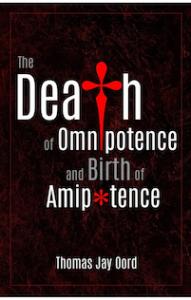 Christian theology has had a problem since the beginning – how does an all powerful God allow suffering? Tom has rethought the problem of evil in the world through an open and relational theological framework. Instead of omnipotence, Oord uses amipotence – God’s power is their uncontrolling love.
Christian theology has had a problem since the beginning – how does an all powerful God allow suffering? Tom has rethought the problem of evil in the world through an open and relational theological framework. Instead of omnipotence, Oord uses amipotence – God’s power is their uncontrolling love.
Tom has a way with breaking down complex philosophical arguments for anyone to understand. When I first read his work, I was not interested in process philosophy and theology. Now, I find myself persuaded by his arguments towards an open framework. In this book, he looks at the Bible to bolster his argument against omnipotence and towards amipotence.
The Homeric Epics and the Gospel of Mark – Dennis MacDonald
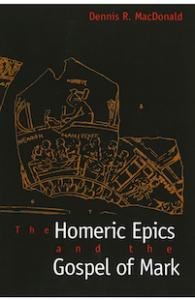 I was assigned this book in seminary and I haven’t been able to stop thinking about it! MacDonald’s thesis revolves around Homer’s Odyssey and Virgil’s Aeneid (to lesser extent). He argues that the Gospel of Mark is a Judeo-Christian reframing of the epics. The writer of Mark took the story of Odysseus and showed that Jesus was the true hero.
I was assigned this book in seminary and I haven’t been able to stop thinking about it! MacDonald’s thesis revolves around Homer’s Odyssey and Virgil’s Aeneid (to lesser extent). He argues that the Gospel of Mark is a Judeo-Christian reframing of the epics. The writer of Mark took the story of Odysseus and showed that Jesus was the true hero.
To me, this book opens up the Gospel of Mark in exciting ways. Instead of a simple story of Jesus, it is profoundly theological. Mark’s Jesus is shown to be the better hero – and in some cases a better god – than those the people of Jesus’ time would have known. (You can read more here).
Honorable Mentions
There are a couple of books I want to recommend, but I technically haven’t finished them, so I can’t say I read them yet. But they are incredible so far! Better still, you can join the authors this coming February at ORTLine.
Indigo – Jonathan J. Foster
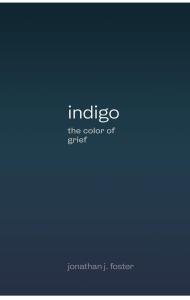 If you’ve read my article on suffering, you’ll know why this book is so intriguing to me. Much of the American Church lacks the ability to accept and sit in suffering. This author is faced with unimaginable suffering and finds a way to be with it.
If you’ve read my article on suffering, you’ll know why this book is so intriguing to me. Much of the American Church lacks the ability to accept and sit in suffering. This author is faced with unimaginable suffering and finds a way to be with it.
Unblaming God – Deanna M. Young
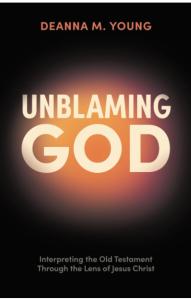 The subtitle says it all. With over half of the Christian Bible dedicated to a God that seems so different than Jesus, how do we reconcile the two? Young reframes the violent God stories in the Hebrew Scriptures as a loving God instead.
The subtitle says it all. With over half of the Christian Bible dedicated to a God that seems so different than Jesus, how do we reconcile the two? Young reframes the violent God stories in the Hebrew Scriptures as a loving God instead.
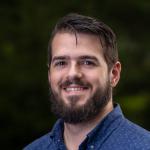 Brad is a seminary student at Northwind Theological Seminary studying theology and the changing religious landscape in America. His masters thesis looks at the role of the 20th century American Church in labor and social reforms. He works as a research assistant at the University of Rhode Island’s College of Pharmacy providing education and support for rural New Englanders impacted by the opioid epidemic. Brad spends nights and weekends playing in regional bands as a bassist, guitarist, and vocalist. When not at a computer, he loves to spend time with his wife and chasing his toddler around the house.
Brad is a seminary student at Northwind Theological Seminary studying theology and the changing religious landscape in America. His masters thesis looks at the role of the 20th century American Church in labor and social reforms. He works as a research assistant at the University of Rhode Island’s College of Pharmacy providing education and support for rural New Englanders impacted by the opioid epidemic. Brad spends nights and weekends playing in regional bands as a bassist, guitarist, and vocalist. When not at a computer, he loves to spend time with his wife and chasing his toddler around the house.


